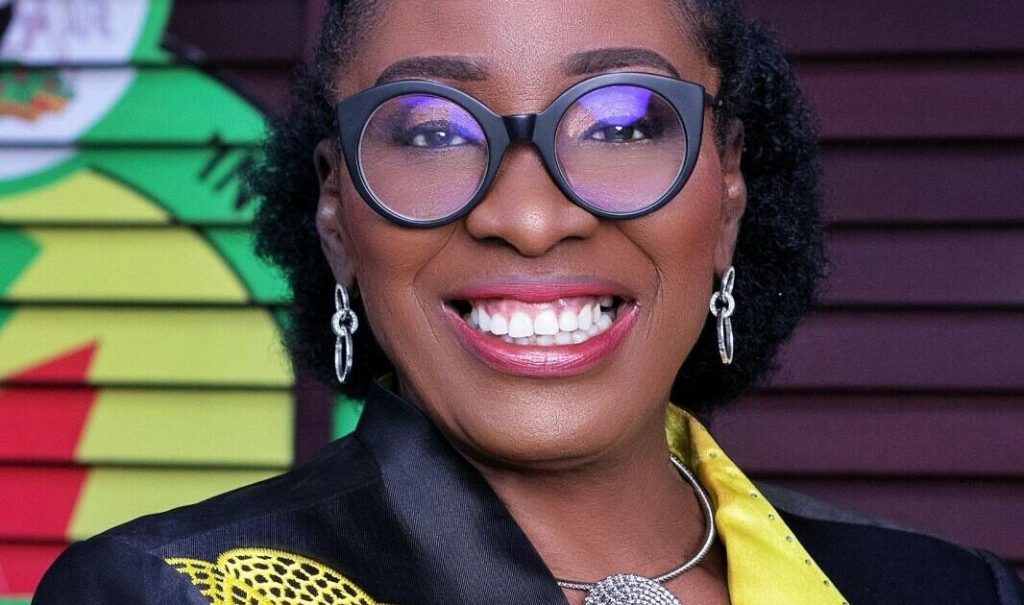LASIEC’s Comprehensive Preparations for the July 12, 2025 Local Government Elections
The Lagos State Independent Electoral Commission (LASIEC) has embarked on a comprehensive preparation strategy to ensure the smooth and credible conduct of the forthcoming local government elections scheduled for July 12, 2025. This meticulous approach encompasses logistical planning, personnel training, stakeholder engagement, and voter education initiatives. Central to these preparations is a thorough assessment of existing infrastructure, including a comprehensive review of storage facilities across all 20 local government areas and 37 local council development areas (LCDAs). This assessment identified facilities requiring refurbishment or new construction, ensuring adequate resources for the effective management of electoral materials.
Recognizing the critical role of security in the electoral process, LASIEC has proactively engaged with various security agencies. Consultations with the Lagos State Commissioner of Police and the Inspector General of Police in Abuja have solidified security arrangements, ensuring a robust presence of law enforcement personnel throughout the election period. Reinforcing this commitment, LASIEC has secured assurances from multiple security agencies, promising a minimum of four security personnel per polling unit, encompassing both uniformed and plainclothes officers to ensure comprehensive security coverage.
LASIEC also prioritized collaboration with electoral officers (EOs) and assistant electoral officers (AEOs), who serve as the backbone of election administration at the grassroots level. The commission addressed the challenges experienced in previous elections regarding ad-hoc staff by hiring 57 AEOs from the mainstream civil service. This strategic move ensures the availability of experienced personnel for post-election activities, including court proceedings, addressing issues related to the tracking and availability of ad-hoc staff who were previously employed. Furthermore, the commission has implemented a comprehensive training program for EOs and AEOs to equip them with the necessary knowledge and skills to effectively manage the increased number of polling units, which have expanded from approximately 8,000 in 2021 to 13,325 in the upcoming elections.
To foster inclusivity and address the concerns of Persons with Disabilities (PWDs), LASIEC organized dedicated meetings to gather feedback and ensure their full participation in the electoral process. As a tangible demonstration of this commitment, the commission waived form fees for PWDs, women, and youth, encouraging their active involvement as candidates. Addressing voter apathy and promoting active participation are also key priorities for LASIEC. A multifaceted voter education campaign has been launched, utilizing various channels including radio, television, newspapers, jingles, billboards, and strategically placed stickers on commercial vehicles to disseminate information and encourage voter turnout. The commission emphasizes that every vote counts and encourages residents to exercise their right to vote, reminding them that their voices are their power.
LASIEC has taken proactive steps to ensure transparency and build public trust in the electoral process. The commission emphasizes the importance of voter participation, urging residents to come out and vote as a means of verifying the accuracy of the counting process. The chairman reiterated LASIEC’s commitment to conducting free, fair, transparent, and conclusive elections, assuring the public that any candidate who wins will be declared the winner, regardless of political affiliation. Addressing concerns about the location of polling units, specifically allegations of placement within monarchs’ palaces, the chairman clarified that INEC, not LASIEC, is responsible for designating polling units. He further assured the public that, based on LASIEC’s on-site assessments, polling units are situated within the vicinity of various landmarks, including palaces, mosques, and churches, solely for the convenience of voters and not within the premises themselves.
Regarding party participation, the chairman clarified that while 19 political parties are registered in Lagos State, only 15 indicated their intention to participate in the elections by purchasing forms. LASIEC has sought clarification from INEC regarding the recognized factions within the Labour Party to ensure compliance with electoral regulations. The commission has confirmed that only the faction recognized by INEC will be allowed to participate in the elections, affirming that LASIEC’s role is to conduct elections and not to establish or recognize political parties. Regarding the legality of conducting elections in LCDAs, the chairman clarified that LASIEC’s establishment is governed by state law, which recognizes the 20 local governments and 37 LCDAs. Therefore, conducting elections within these areas is within LASIEC’s legal mandate. The commission has a robust framework in place for handling pre-election and post-election disputes or grievances. Petitions related to internal party matters are referred back to the parties for resolution, while those falling within LASIEC’s jurisdiction are addressed through legal channels, with external solicitors representing the commission in court proceedings. This preparedness underscores LASIEC’s commitment to ensuring a transparent and legally sound electoral process.


